Past Events
The Story We Must Tell: A UC Radiation Experiment Victim’s Family
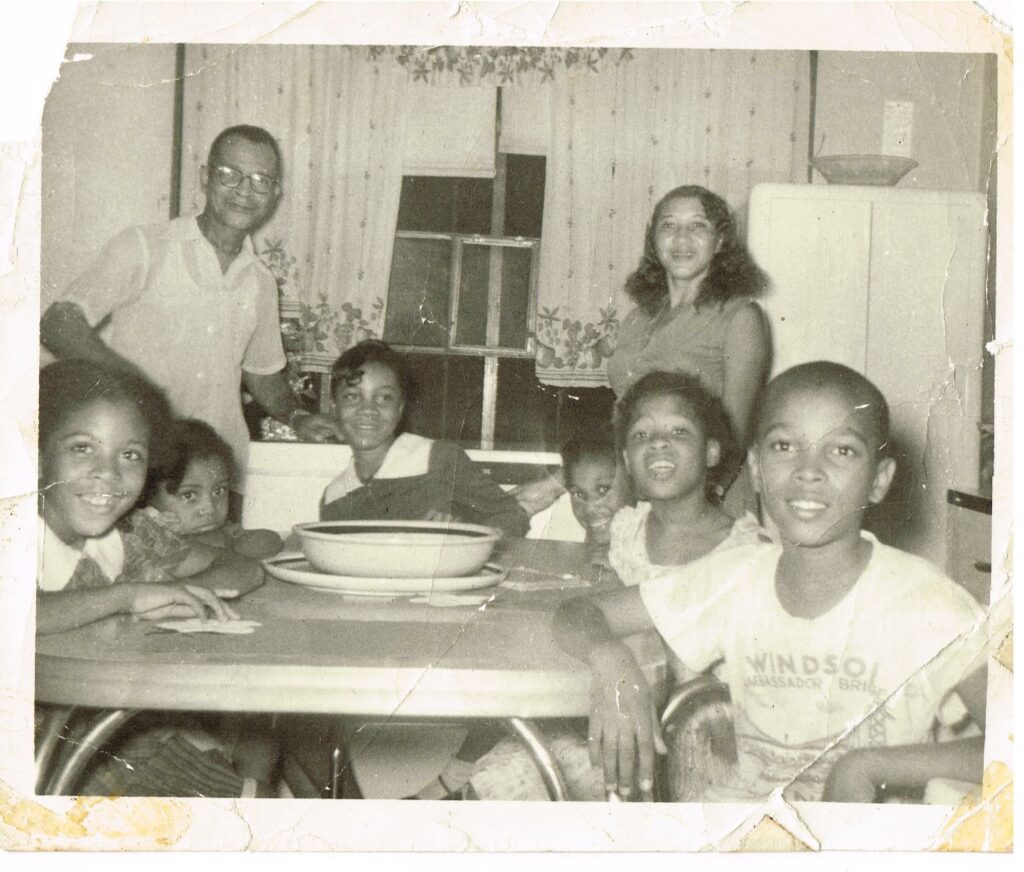
Tuesday, February 20 @ 4:30 PM
1170 Clifton Court Hall
Join the Center for the City and the Master of Landscape Architecture program for a Q&A with Mrs. Julia O’Neal, daughter, and Ms. Toilynn O’Neal Turner, granddaughter, of Mr. William Russia (1893-1972). Mr. Russia was a victim of full-body radiation experiments conducted by Cincinnati General Hospital (now University Hospital) between 1960 1972. His two brave descendants will join us to explore the lasting impacts of the experiments and subsequent lawsuit on their family. Participants will be asked to consider how this family’s ordeal might guide us toward a more just campus monument to the experiments’ 90+ victims.
The Occasional Human Sacrifice: Medical Experimentation and the Price of Saying No
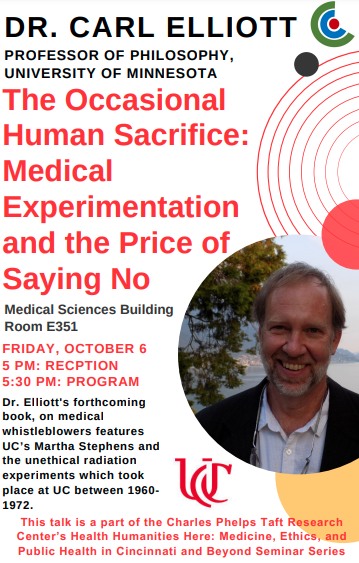
Friday, October 6 at 5 pm at Medical Sciences Building Room E51
The University of Cincinnati’s Center for the City, Charles Phelps Taft Research Center, and the students and faculty of ACRE are pleased to welcome medical ethicist Dr. Carl Elliott to speak at UC on Friday, October 6. Dr. Elliott’s talk, “The Occasional Human Sacrifice: Medical Experimentation and the Price of Saying No,” will explore the burdens borne by medical whistleblowers.
Dr. Elliott is a professor of Philosophy at the University of Minnesota where his research focuses on wrongdoing in medicine. He particularly focuses on clinical research and pharmaceutical marketing and philosophical issues surrounding identity, authenticity, and justice as seen through the lens of biomedical technology. His forthcoming book, The Occasional Human Sacrifice: Medical Experimentation and the Price of Saying No, features a chapter on the University of Cincinnati’s Martha Stephens who blew the whistle on radiation experiments conducted at UC between 1960-1972.
Dr. Elliott’s talk will discuss the experience of medical whistleblowers whose lives are often turned upside down by their act of conscience. Medical institutions deny wrongdoing even when it is glaringly obvious, and mistreated research subjects and their families rarely get any real justice. Whistleblowing is the exception, not the rule. In many scandals, doctors and other staff members remain silent for years while unwitting research subjects are abused. If abuses do come to light, the researchers are usually protected by the medical establishment while dissenters are punished. Often the researchers are celebrated by their peers with honors and awards. In the rare cases when whistleblowing succeeds, it often leaves deep scars that mark whistleblowers for the rest of their lives. Elliott’s work on the book was supported by a Guggenheim Fellowship and a National Endowment for the Humanities Public Scholar Award.
Dr. Elliott’s previous books include White Coat, Black Hat: Adventures on the Dark Side of Medicine, (Beacon Press, 2010), Better Than Well: American Medicine Meets the American Dream (W.W. Norton, 2003), A Philosophical Disease: Bioethics, Culture and Identity (Routledge, 1999), and The Rules of Insanity: Moral Responsibility and Mental Illness (State University of New York Press, 1996).
This event is co-sponsored by the University of Cincinnati’s Center for the City, and ACRE (Actions on the Cincinnati Radiation Experiments) and is a part of the Charles Phelps Taft Research Center’s “Health Humanities Here: Medicine, Ethics, and Public Health in Cincinnati and Beyond” fall 2023 seminar series.
For additional information on the UC radiation experiments visit the Boldly Better website at: uchistorylab.com/boldlybetter
ACRE (Actions on the Cincinnati Radiation Experiments) is a group of students and faculty at the University of Cincinnati dedicated to replacing the current memorial for the victims of the Cincinnati Radiation Experiments. We believe that preserving history is vital in order to not repeat the mistakes of the past. Our goal is to obtain a new and accurate memorial for the victims to commemorate their stories.
Dr. William Turner: The Harlan Renaissance
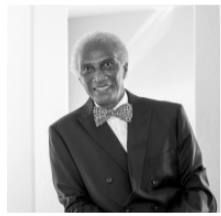
Thursday, September 21 at 4 pm in Aronoff (DAAP), room 3410 (2624 Clifton Avenue)
The University of Cincinnati’s Office of Equity, Inclusion & Community Impact, School of Planning, and Center for the City are thrilled to host scholar and educator Dr. William Turner to speak on his recent book, The Harlan Renaissance which explores his childhood growing up Black and Appalachian. Dr. Turner was born in 1946 in the coal town of Lynch, Kentucky, in Harlan County. His grandfathers, father, uncles and older brother were coal miners. This intriguing investigation of Dr. Turner’s childhood and hometown adds depth and complexity to stereotypical understandings of both African American and Appalachian life.
The Harlan Renaissance describes African American life in Dr. Turner’s hometown of Lynch Kentucky, a model coal town built by U.S. Steel. The book was awarded the 2022 Weatherford Award for the best nonfiction book about Appalachia. It was also awarded the best Kentucky history book in 2023 by the Kentucky Historical Society. Dr. Turner’s first book Blacks in Appalachia, (with Edward J. Cabbell), was the first study of African Americans in the southern Appalachian region.
Dr. Turner holds a B.S. from the University of Kentucky and both a Master’s and Ph.D. in Sociology and Anthropology from the University of Notre Dame. His distinguished academic career includes service as Chair of the Department of Social Sciences at Winston-Salem State University, Dean of Arts and Sciences and Interim President, Kentucky State University, Vice President for Multicultural Affairs at the University of Kentucky, Distinguished Professor of Appalachian Studies and Regional Ambassador at Berea College, and Research Scientist Leader at the Prairie View A&M University College of Agriculture and Human Sciences. Dr. Turner also served as an advisor to film maker Alex Haley on the award-winning film, Roots. Haley said, “Bill knows more about black people in the mountains of the South than anyone in the world.”
Dr. Turner’s hometown, Lynch Kentucky, was built over three years by the U.S. Steel Company as a complete community with homes, schools, a hospital, theater, hotel, and production facilities for mining coal and producing coke for the steel furnaces in Pittsburgh and Gary, Indiana. Eventually, this planned community had over 6000 residents (about 20% of which were African Americans). The town’s design innovated many now common principles of urban planning and design.
This event is co-sponsored by the University of Cincinnati’s Office of Equity, Inclusion & Community Impact, School of Planning, and Center for the City, the Urban Appalachian Community Coalition, and the Over-the-Rhine Museum.
The End of the Experiments:
A Conversation with Cincinnati Radiation Experiments Whistleblower Martha Stephens
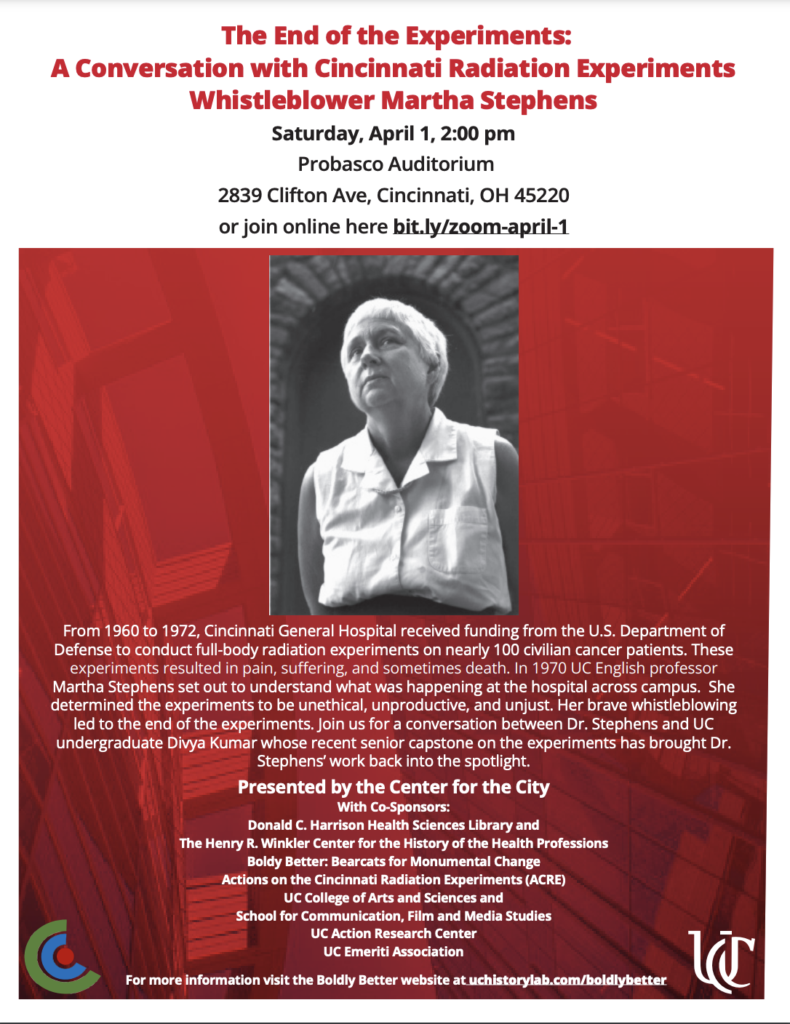
Saturday, April 1, 2:00 pm Probasco Auditorium (2839 Clifton Ave, Cincinnati, OH 45220)
From 1960 to 1972, Cincinnati General Hospital received funding from the U.S. Department of Defense to conduct full-body radiation experiments on nearly 100 civilian cancer patients. These experiments resulted in pain, suffering, and sometimes death. In 1970 UC English professor Martha Stephens set out to understand what was happening at the hospital across campus. She determined the experiments to be unethical, unproductive, and unjust. Her brave whistleblowing led to the end of the experiments. Join us for a conversation between Dr. Stephens and UC undergraduate Divya Kumar whose recent senior capstone on the experiments has brought Dr. Stephens’ work back into the spotlight.
Presented by the Center for the City
With Co-Sponsors:
Donald C. Harrison Health Sciences Library and
The Henry R. Winkler Center for the History of the Health Professions
Boldy Better: Bearcats for Monumental Change
Actions on the Cincinnati Radiation Experiments (ACRE)
UC College of Arts and Sciences and
School for Communication, Film and Media Studies
UC Action Research Center
UC Emeriti Association
For more information visit the Boldly Better website at uchistorylab.com/boldlybetter
The Zane Miller Symposium: “The University and Its Neighbors”
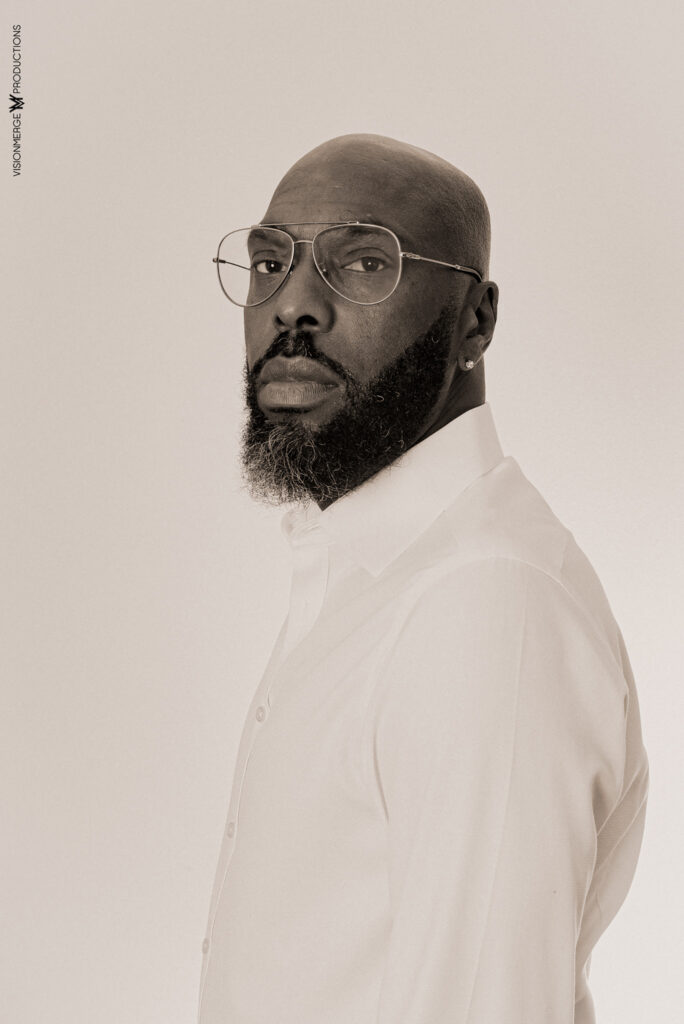
Davarian L. Baldwin
Paul E. Raether Distinguished Professor of American Studies
October 6, 2022
6:00 pm Reception
7:00 pm Presentation
Probasco Auditorium
2839 Clifton Avenue, 45220
Historian Davarian Baldwin will give a talk entitled In the Shadow of Samuel DuBose: Making Racial Justice Matter Beyond the Campus Gates followed by a panel discussion on the relationship between the university and nearby Avondale. The panel will feature UC historian David Strading, long-time Avondale resident Ozie Davis III, President and CEO of the Uptown Consortium, Beth Robinson, and Executive Director of the Avondale Development Corporation, Russell Hairston.
This event is co-sponsored by the University of Cincinnati’s School of Planning, and Departments of History and Geography.
Student Work: Recording Cincinnati: The Queen City in the Eyes of Alice Cusson
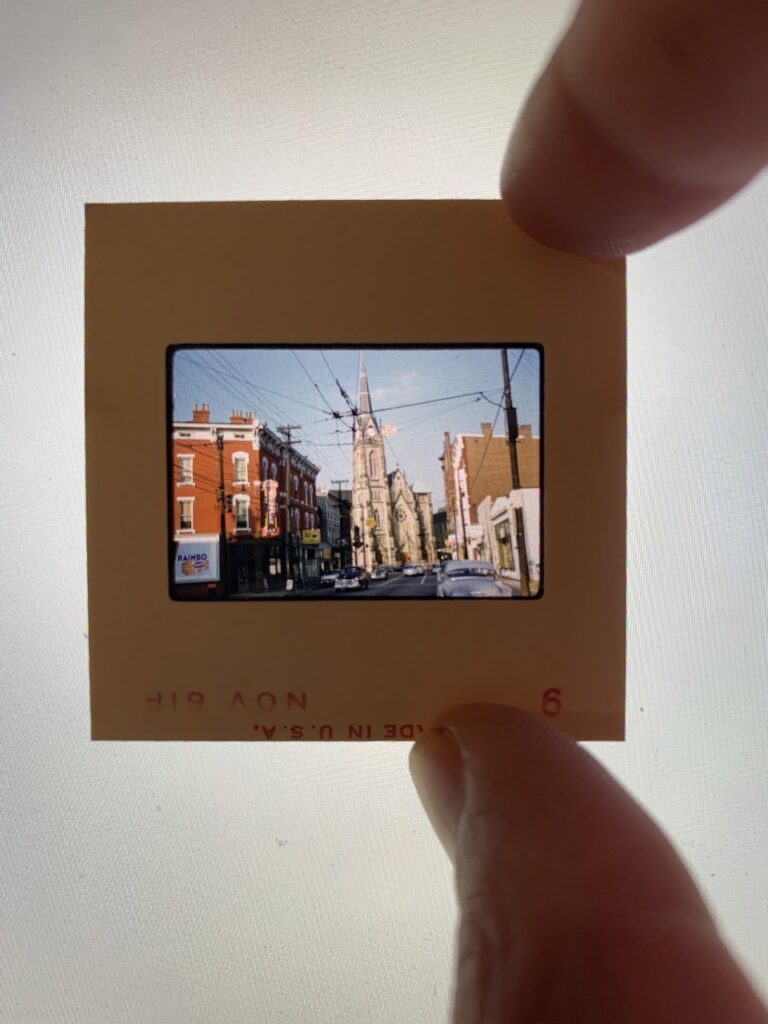
Opening Reception
October 2, 2022
6:00 pm
Sommerset
139 East McMicken Avenue
Cincinnati, OH 45202
Curator’s Lecture
October 15, 2022
2:00 pm
Sommerset
139 East McMicken Avenue
Cincinnati, OH 45202
DAAP undergraduate planning student is the curator of this provocative show of Cincinnati images from the 1950s and 1960s. The images, taken as slides by amateur photographer, Alice Cusson, capture a changing city radically different from the one we know today. This exhibit is a part of the FotoFocus biennial exhibition and is generously funded by a grant from Fotofocus.
For more information see the Fotofocus website:
https://www.fotofocus.org/fotofocus-exhibition/recording-cincinnati-world/
Or the project website:
http://uchistorylab.com/recordingcincinnati/
America’s Truth Cincinnati
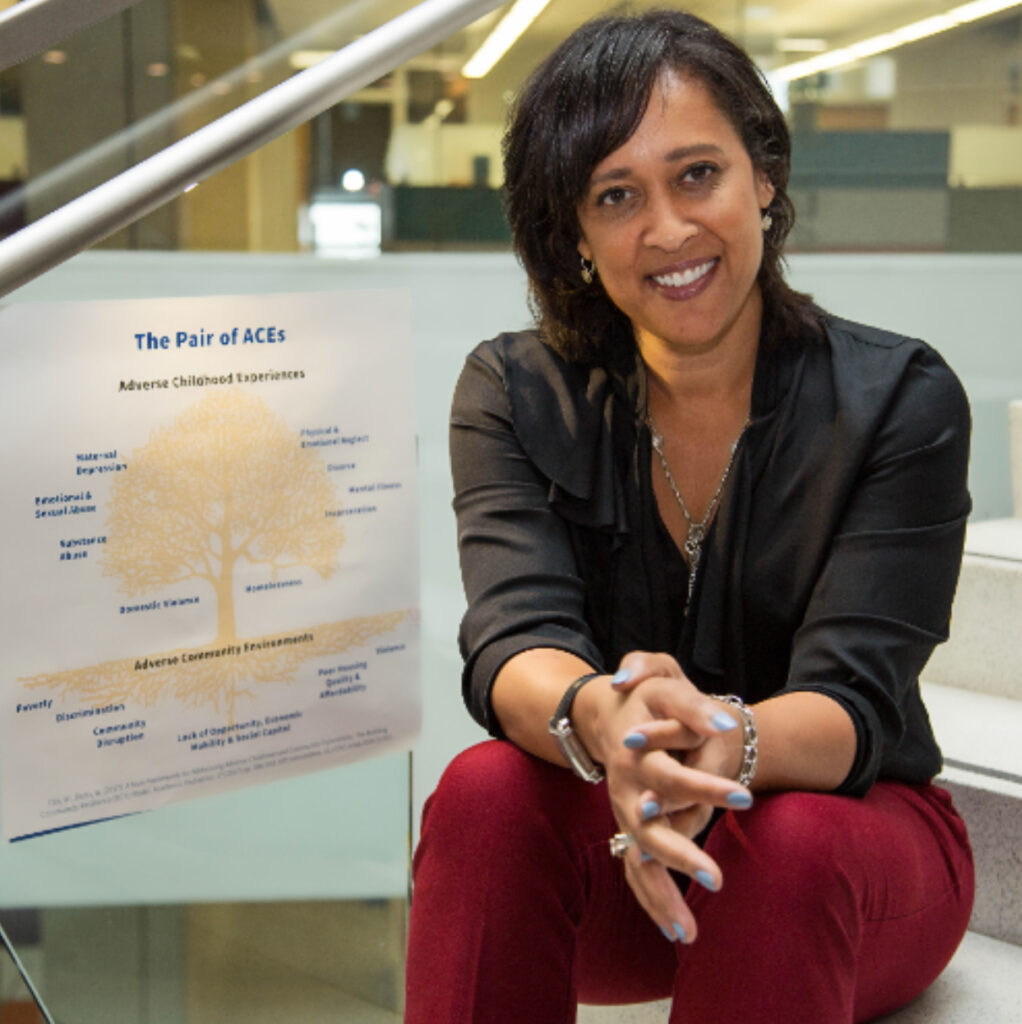
Screening and Talkback
October 19, 2022
4:30 pm
Tangeman University Center Cinema
Lower Level Tangeman University Center (TUC)
2600 Clifton Avenue
Cincinnati, OH 45221
Cincinnati native Dr. Wendy Ellis has created America’s Truth Cincinnati as part of her work as director of The Center for Community Resilience at George Washington University. The documentary explores the realities of structural racism in four Black communities in Cincinnati and shows how today’s inequities — across race, gender, and class — result from centuries of policies and practices meant to create and sustain social hierarchy. Her work is built on the premise that to move forward toward an equitable future, we must reckon with the truth of structural racism in the U.S. A screening of this two-hour film will be followed by a talkback with film maker Wendy Ellis and several Cincinnatians featured in the film. This event is co-sponsored by the University of Cincinnati’s School of Planning, and Departments of History and Africana Studies.
The Zane Miller Symposium: “The Future of Cities”
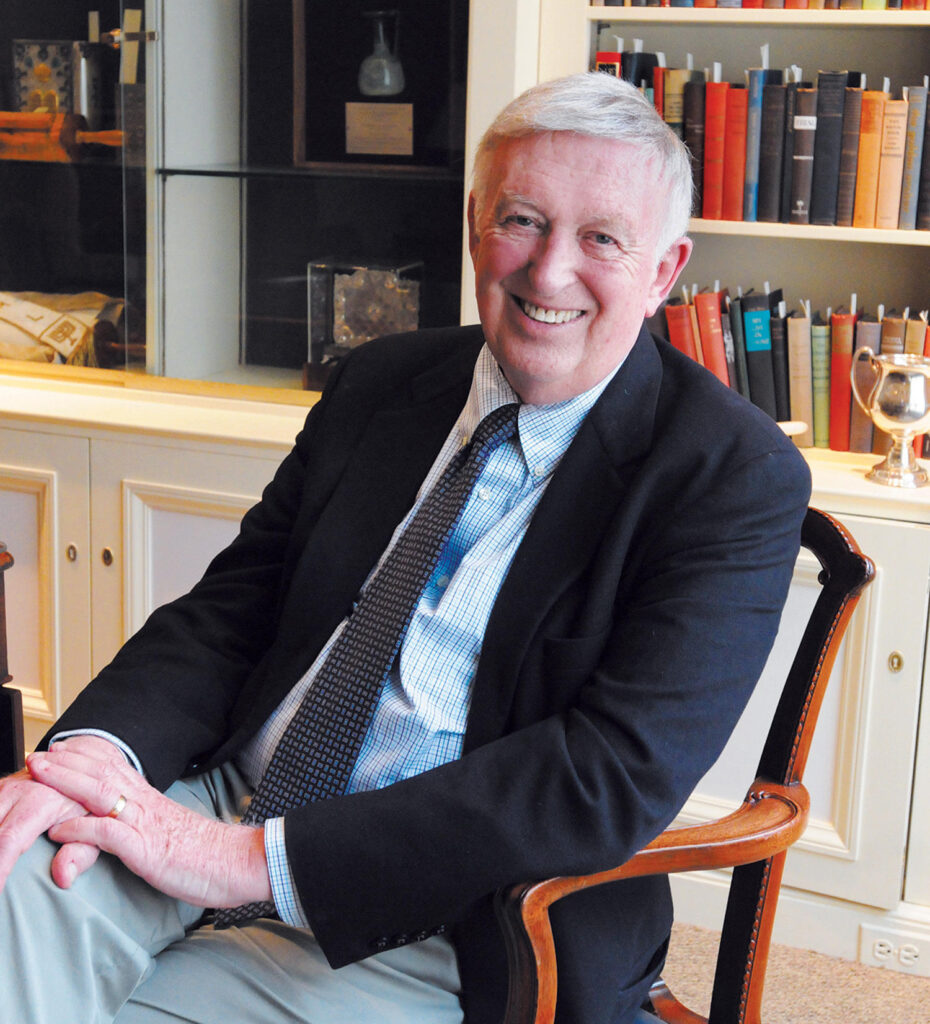
April 7, 2022
7 pm
Pinecroft
2366 Kipling Avenue
Cincinnati, OH 45239
This event is a part of the UC History in the City Initiative, which publicizes and energizes the long-standing outreach by History Department faculty members and graduate students across all three UC campuses to bring urban history to the general public, as well as their efforts to bring history to life for twenty-first century city residents.
Avondale History Series: Modern Avondale
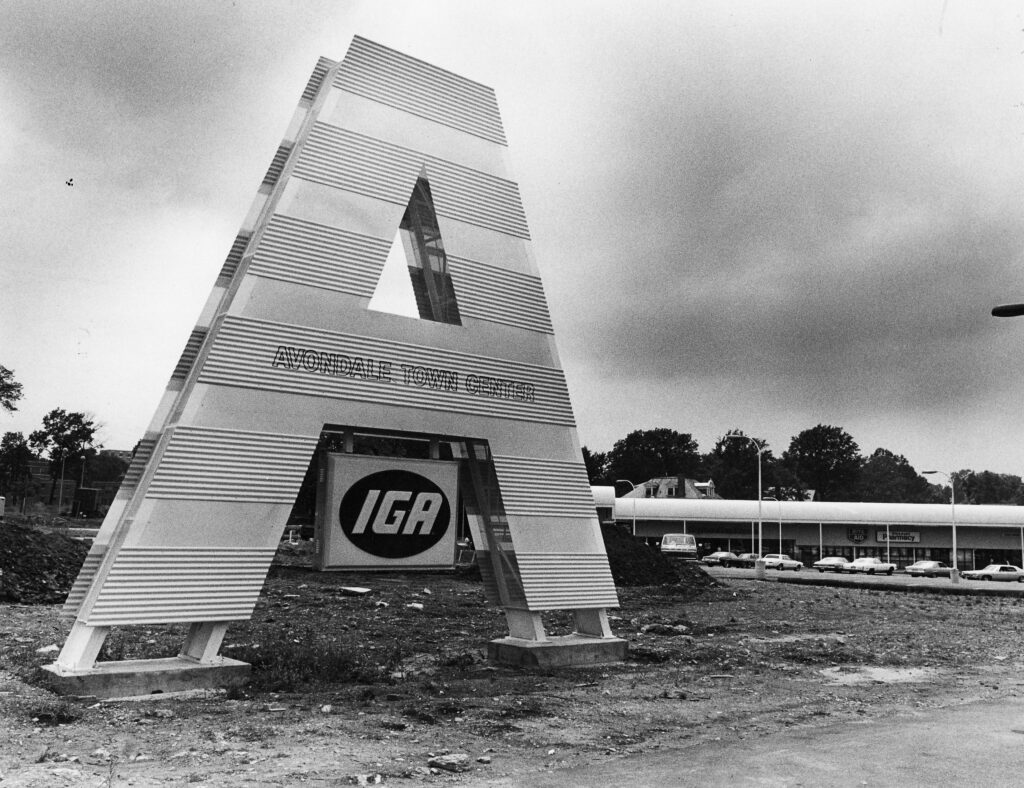
May 7, 2022
Noon- 1 pm
Avondale Branch of Cincinnati & Hamilton County Public Library 3566 Reading Road, Cincinnati, Ohio, 45229
Deqah Hussien-Wetzel
Founder of Urbanist Media, Researcher of Sites of Black History of Cincinnati Preservation Association
The Avondale that we know today is a product of everything that has come before–its early development, twentieth-century Jewish culture, discriminatory housing policies, and the racial unrest of the late 1960s. This talk will begin with the Avondale “riots” of 1967 and 1968 and move through change in Avondale from the late 1960s to the present including the Avondale business district, the Avondale Town Center project, Black cultural and community organizations, shifting neighborhood demographics, and the influence of institutions including Black churches, Jewish Hospital, the Cincinnati Zoo, Children’s Hospital, and the University of Cincinnati. The talk will especially focus on Black resilience and creativity in maintaining a vital African American community in the face of significant financial and cultural challenges.
Avondale History Series: Radical Change in Avondale
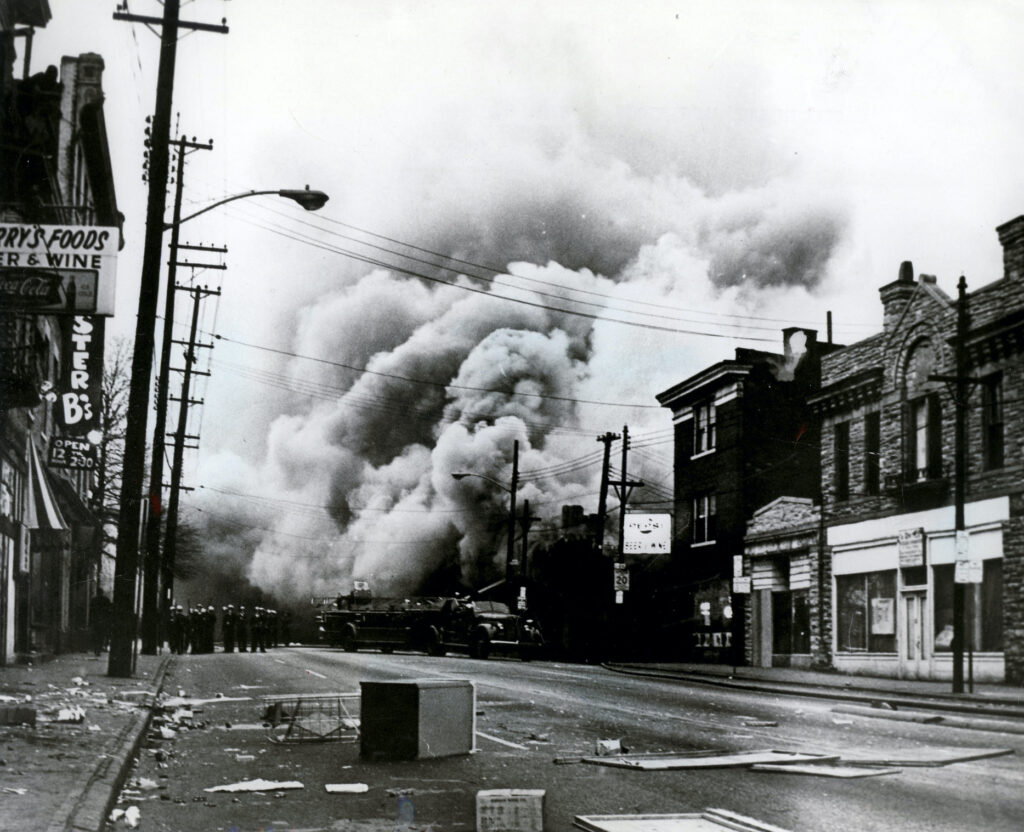
March 12, 2022
Noon- 1 pm
Avondale Branch,
Cincinnati & Hamilton County Public Library
3566 Reading Road
Cincinnati, Ohio, 45229
Dr. Charles F. Casey-Leininger
University of Cincinnati, Emeritus Faculty
This talk will explore the many reasons that Avondale changed from a majority White neighborhood to a majority Black one between 1940 and 1970. Factors included an intensely racially segregated housing market in Cincinnati that severely limited Black housing choices; the desire of African American families to move to better housing and less crowded neighborhoods; the long-time existence of a small African American community in Avondale; the racist fears of Avondale Whites about having Black neighbors and their ability to move to new post-war suburbs that barred Blacks; urban renewal and interstate highway construction that displaced thousands of Black families from the old West End, home to the majority of the city’s Black population; the belief among many city officials that Avondale and neighboring Evanston and Walnut Hills were appropriate places for displaced Black families; and the efforts of some real estate agents and landlords to take advantage of the desperate need for housing among Cincinnati’s Black population. It will also explore the efforts of community leaders and activists to fight racial housing discrimination, protect Avondale as a good place to live for a diverse population, and to open up all of Greater Cincinnati to everyone regardless of race.
Oral History Training Workshop
The sixteen-hour workshop will be held at the following dates and times:
Saturday, February 5, 9 am- 1 pm
Sunday, February 6, 1 pm – 5 pm
Saturday, February 19, 9 am – 1 pm
Sunday, February 20, 1 pm- 5 pm
1819 Innovation Hub, Room 220
2900 Reading Road
Cincinnati OH 45206
This in-depth workshop will be conducted by national oral history scholar, Doug Boyd of the Louis B. Nunn Center for Oral History at the University of Kentucky. Boyd will train participants or oral history project design, interviewing techniques, recording techniques, transcription, archival preservation, and public presentation.
Registrants are expected to attend all four sessions.
Residents of Avondale are particularly encouraged to attend and may receive additional incentives for participation.
Thanks to a generous grant from Ohio Humanities, this course is offered free of charge and all course materials will be provided.
Registration for this program is now closed, please contact Anne Delano Steinert at steineao@ucmail.uc.edu for additional information.
Avondale History Series: Jewish Avondale
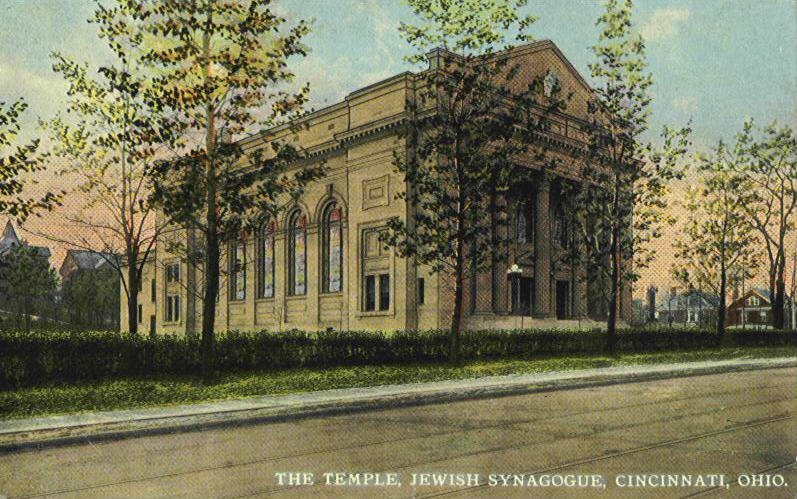
January 22, 2022
Noon- 1 pm
Avondale Branch,
Cincinnati & Hamilton County Public Library
3566 Reading Road
Cincinnati, Ohio, 45229
Dr. Karla Goldman
University of Michigan
For members of the Jewish community of Cincinnati in the early twentieth century, Cincinnati’s Avondale neighborhood was a site of transition and possibility. Immigrants who had arrived from Russia and Eastern Europe over the previous few decades were increasingly finding their way in the new world. In Cincinnati, this meant taking the streetcar to Avondale. The former synagogue buildings that still populate Reading Road and Forest Avenue today offer glimpses of the vibrant Jewish social, religious, and communal fabric that filled this neighborhood from the 1920s through the 1950s. In this talk, Dr. Goldman will explore this distinct era when the streets of Avondale were home to a very American way of being Jewish and a very Jewish way of being American.
Cincinnati Synagogues: Claiming Space in the Expanding City

Panel Discussion with Dr. Anne Delano Steinert, Dr. Karla Goldman, and Alayna Gould
January 21, 2022
11:30 am
This event will now meet virtually on zoom. Follow THIS LINK to register the event.
Cincinnati’s Jewish community has occupied three significant geographic spaces over its two-hundred-year history in the Queen City. The first center of Cincinnati’s Jewish life was the West End, where Jews staked their claim on the city with the creation of the Chestnut Street Cemetery in 1821. This initial investment was followed by an array of synagogue buildings in basin neighborhoods, especially the West End. Just before the turn of the twentieth century, Jewish Cincinnatians began to move north to the quickly expanding streetcar suburb of Avondale. After World War II, much of the community relocated from Avondale up Reading Road, bringing their synagogues to the suburbs of Roselawn, Golf Manor, and Amberley Village. This panel will investigate each of these phases in Cincinnati’s Jewish history by exploring the synagogues built in each location. Historians Anne Delano Steinert, Karla Goldman, and Alayna Gould will offer short talks on the synagogue architecture of each period and how it served the changing needs and circumstances of Jewish Cincinnati.
American Israelites: Cincinnati and the Shaping of Jewish Community in the United States
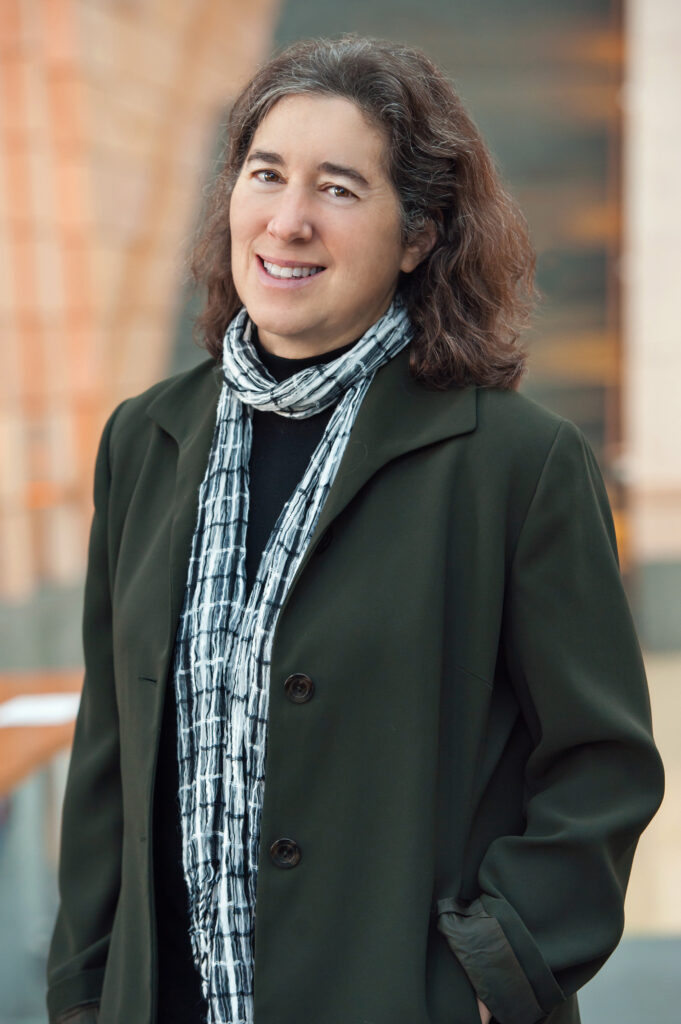
Dr. Karla Goldman
University of Michigan, Sol Drachler Professor of Social Work and Professor of Judaic Studies
January 20, 2022
6:30 pm
The Mercantile Library
410 Walnut Street
11th Floor
Cincinnati, OH 45202
The Vaccine Policy:
All guests must now be fully vaccinated against COVID-19 or have received a negative COVID-19 diagnostic test within 72-hours prior to any events at the Library. To expedite your entry to our programs, feel free to email a photo of your vaccination card to the librarian, Amy Hunter, HERE. Or stop at the circulation desk and show a librarian. You can block out your birthdate if that makes you more comfortable.
The library will not use your personal information for anything other than verification.
Cincinnati Jews both shaped and reflected the distinctiveness of Jewish experience in the United States. In building the first long-lasting national institutions of Jewish life, the city’s nineteenth-century Jews rightly claimed leadership in the creation of American Judaism and American Jewish community. Even the title of their newspaper suggested they were engaged in an unprecedented Jewish identity project. Through national Jewish leadership and local civic engagement, these Cincinnati “American Israelites” would model the possibilities of American Jewish life. They would show that Jewishness could fit seamlessly with Americanness. Tracing Cincinnati’s rise and fall as a leading center of American Jewish life, Professor Goldman will show that the communal choices of Cincinnati’s Jews resulted in a particular kind of American identity – one that affirmed both difference and belonging. The impact of these choices on Cincinnati Jews would help shape the progressive political landscape of early 20th century Cincinnati and the enduring national structures of American Jewish communal life. This talk will be taken from Karla Goldman’s current book project of the same name.
Doors open at 6 pm, presentation begins at 6:30 pm.
Register for this event HERE. Or register HERE to attend this presentation virtually.
Avondale History Series: Early Avondale
Dr. Anne Delano Steinert
University of Cincinnati
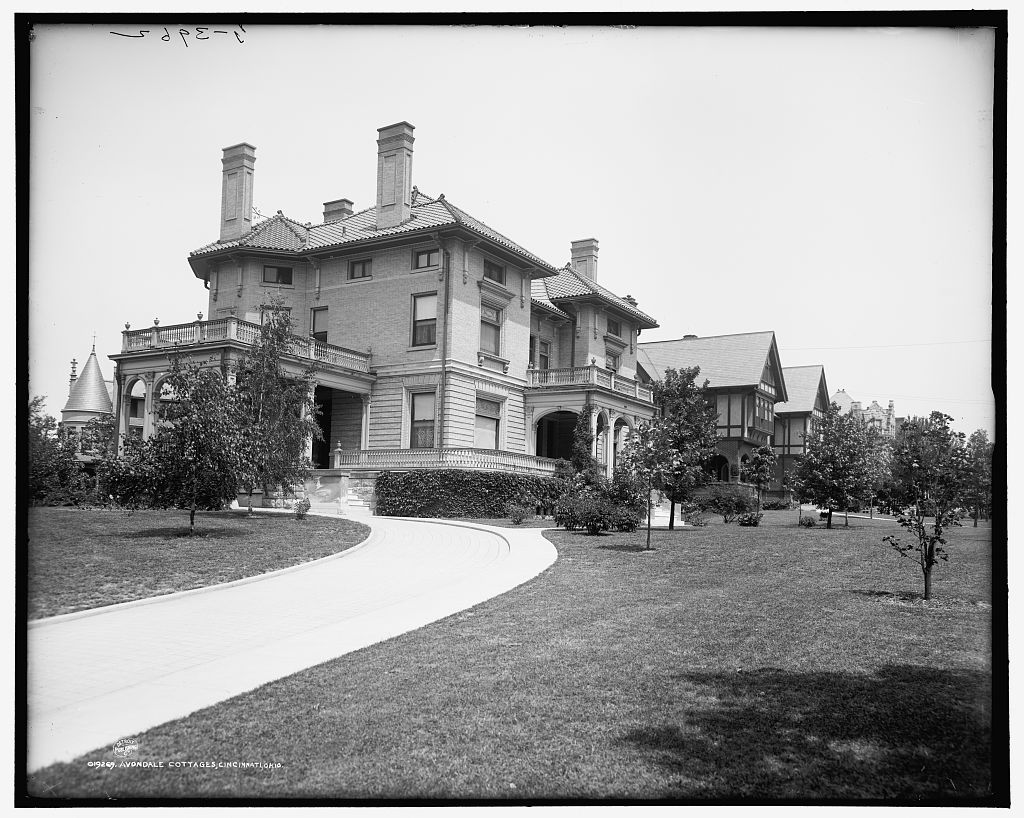
November 13, 2021
Noon- 1 pm
Avondale Branch,
Cincinnati & Hamilton County Public Library
3566 Reading Road
Cincinnati, Ohio, 45229
Located four miles out of downtown Cincinnati, Avondale began as a rural village filled with large estates of Cincinnati’s wealthy citizens. It was incorporated in 1850 and maintained its own government, schools, and city services through most of the 19th century. Beginning in the 1870s, electric streetcars brought significant change as new residents made their way up from the downtown basin and apartment buildings were first built to accommodate them. Avondale was annexed into the city of Cincinnati in 1896 bringing new schools and city services. This talk will explore Avondale’s early development and its transition to a late-nineteenth century streetcar suburb. It will include some of the neighborhood’s well-known residents, schools, churches, notable homes and apartment buildings.
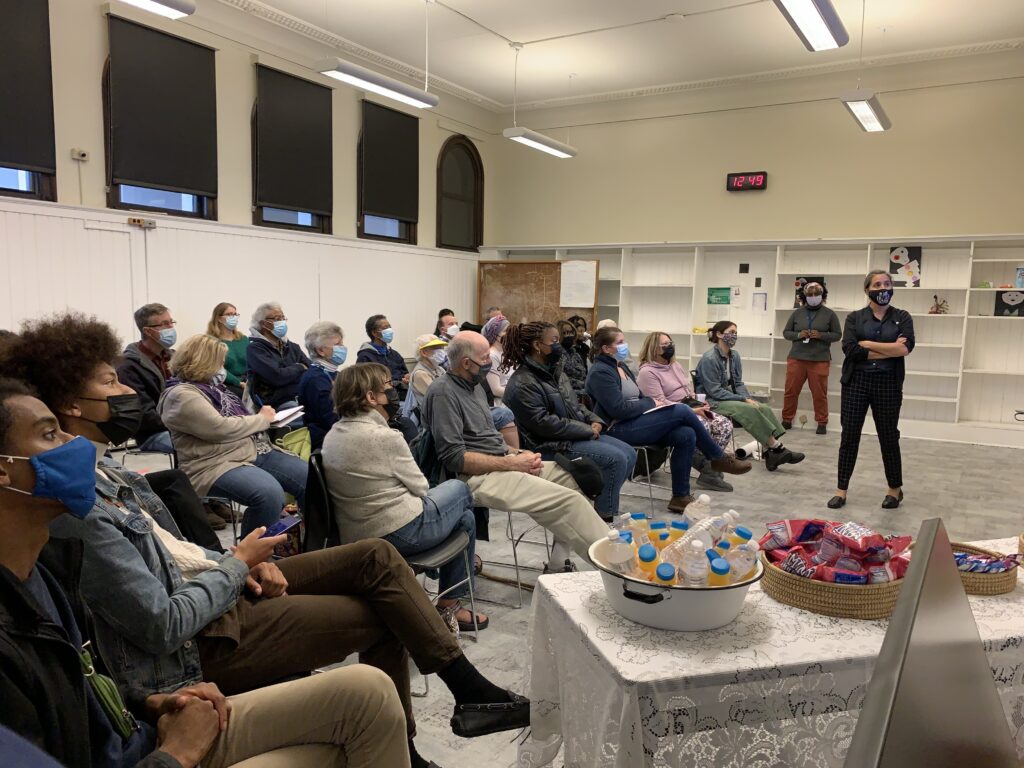
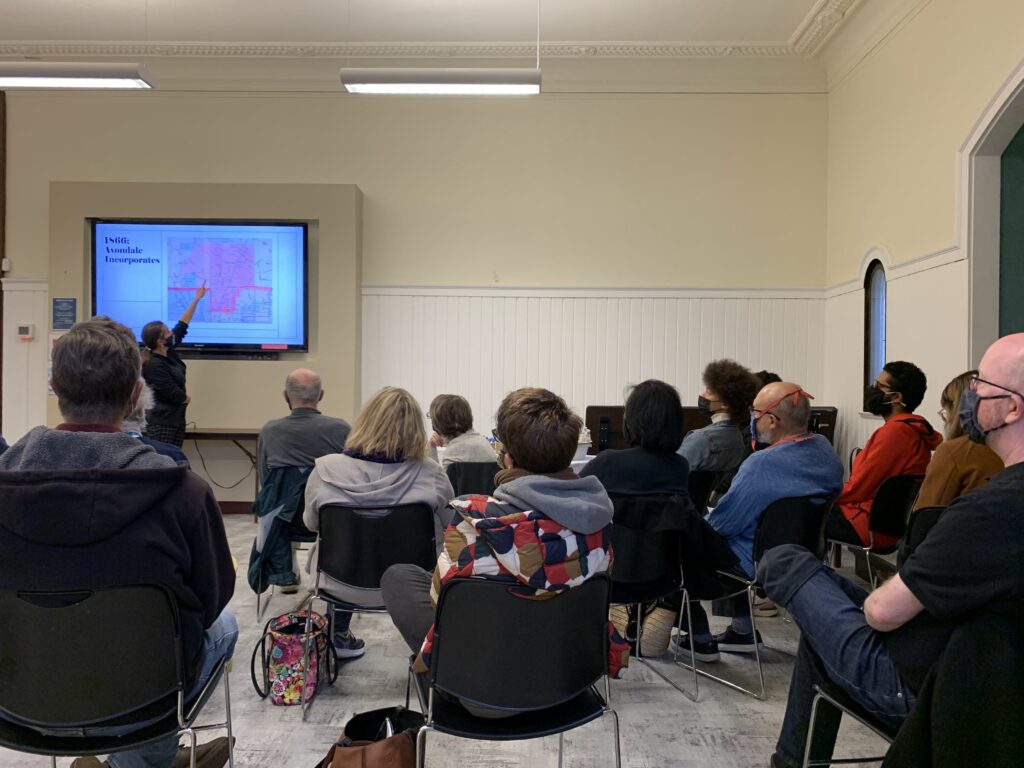
Chestnut Street Cemetery Clean-up
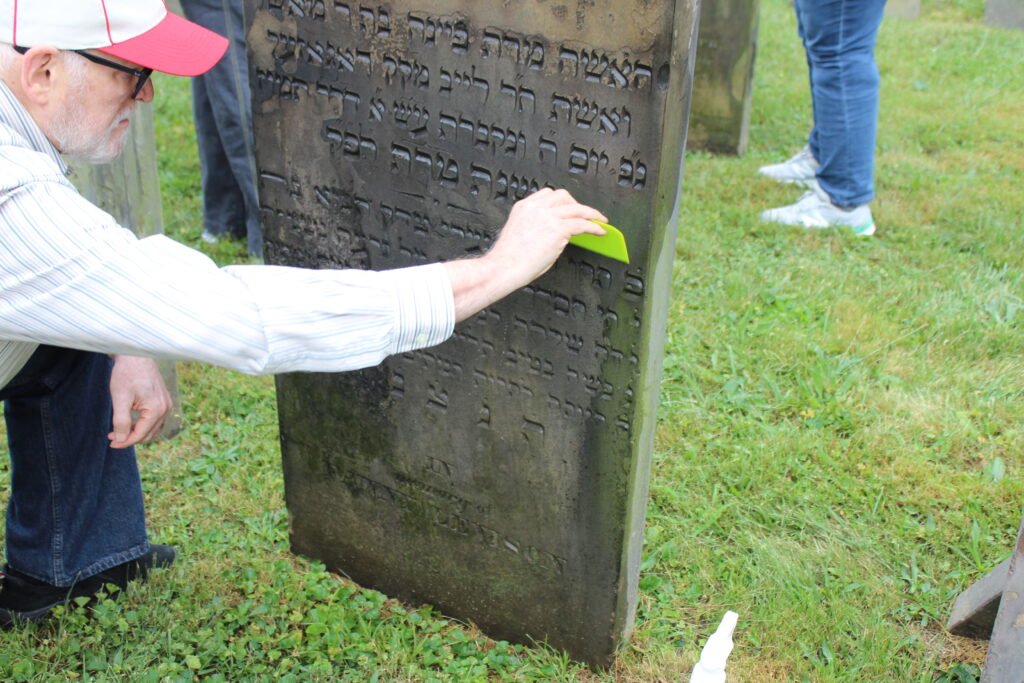
August 15, 2021 9 am – 5 pm
400 Chestnut St. Cincinnati OH 45203